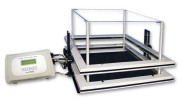Authors
M del Carmen González_Marín, F Coune, M Naassila
Lab
INSERM UMR 1247—Research Group on Alcohol and Pharmacodependences (GRAP), Université de Picardie Jules Verne, Amiens, France
Journal
Addiction Biology
Abstract
Ethanol_induced behavioral sensitization (EIBS) is thought to play a key role in addiction. However, whether EIBS is linked to an increase in the motivation to self_administerethanol in an operant paradigm has never been demonstrated, and thus, the motivational sensitization theory (increase in drug wanting) has not been yet confirmed. We investigated using the operant ethanol self_administrationparadigm if the motivation to self_administerethanol (breakpoint) is increased in female mice prone to develop EIBS. Outbred female Swiss mice were treated once a day with 2.5_g ethanol per kilogram during 10 days and challenged with the same dose of ethanol 7 days later. EIBS_pronegroup was characterized by a significant increase in locomotion between the challenge day and day 1. When the difference was not significant, mice were considered as the “EIBS_resistant”group. Mice were then trained to nose poke for a 20% ethanol solution reinforcer under a FR1 and then a FR_2schedule of reinforcement. Motivation was assessed more directly with a progressive ratio schedule. Our results show that there is a positive correlation between EIBS and both the level of intake and motivation. Interestingly, acquisition of ethanol self_administrationwas faster in sensitized mice that also display a quick and long_lastingincrease in ethanol intake together with a lack of effect of alcohol challenge on c_Fosexpression restricted to the dorsolateral striatum. These results further support that EIBS vulnerability is crucial in the development of addictive behaviors and suggest a potential link with habit learning processes.
BIOSEB Instruments Used:
Infrared Actimeter (LE8815)

 Douleur - Allodynie/Hyperalgésie Thermique
Douleur - Allodynie/Hyperalgésie Thermique Douleur - Spontanée - Déficit de Posture
Douleur - Spontanée - Déficit de Posture Douleur - Allodynie/Hyperalgésie Mécanique
Douleur - Allodynie/Hyperalgésie Mécanique Apprentissage/Mémoire - Attention - Addiction
Apprentissage/Mémoire - Attention - Addiction Physiologie & Recherche Respiratoire
Physiologie & Recherche Respiratoire




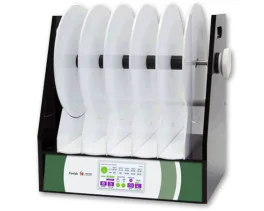



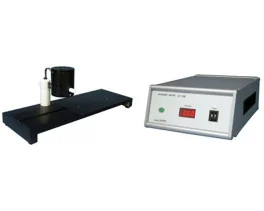



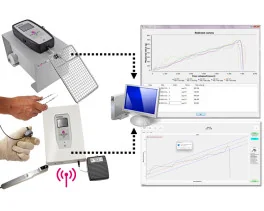













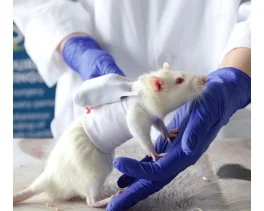








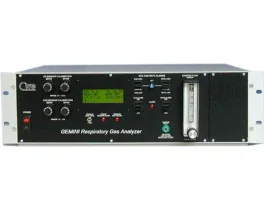
 Douleur
Douleur Système Nerveux Central (SNC)
Système Nerveux Central (SNC)  Neurodégénérescence
Neurodégénérescence Système sensoriel
Système sensoriel Système moteur
Système moteur Troubles de l'humeur
Troubles de l'humeur Autres pathologies
Autres pathologies Système musculaire
Système musculaire Articulations
Articulations Métabolisme
Métabolisme Thématiques transversales
Thématiques transversales Congrès & Meetings
Congrès & Meetings 